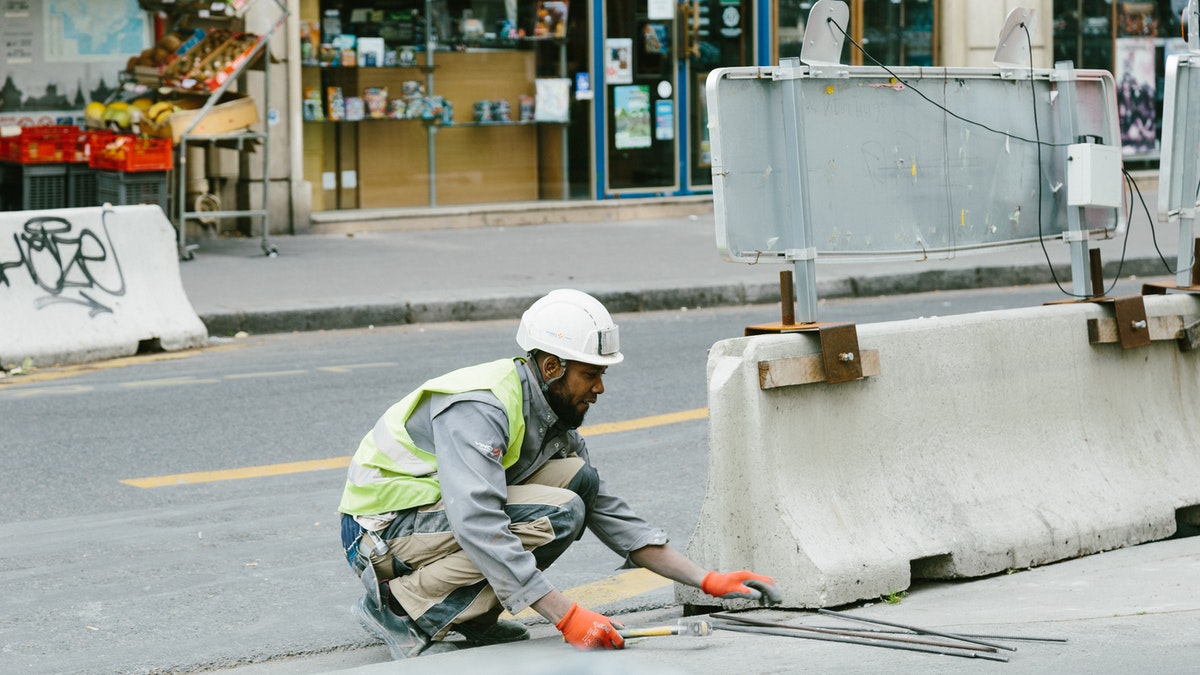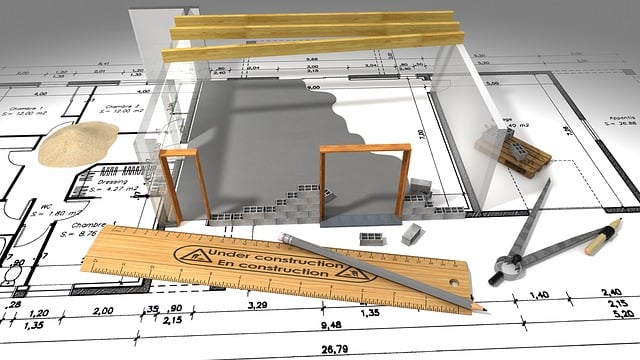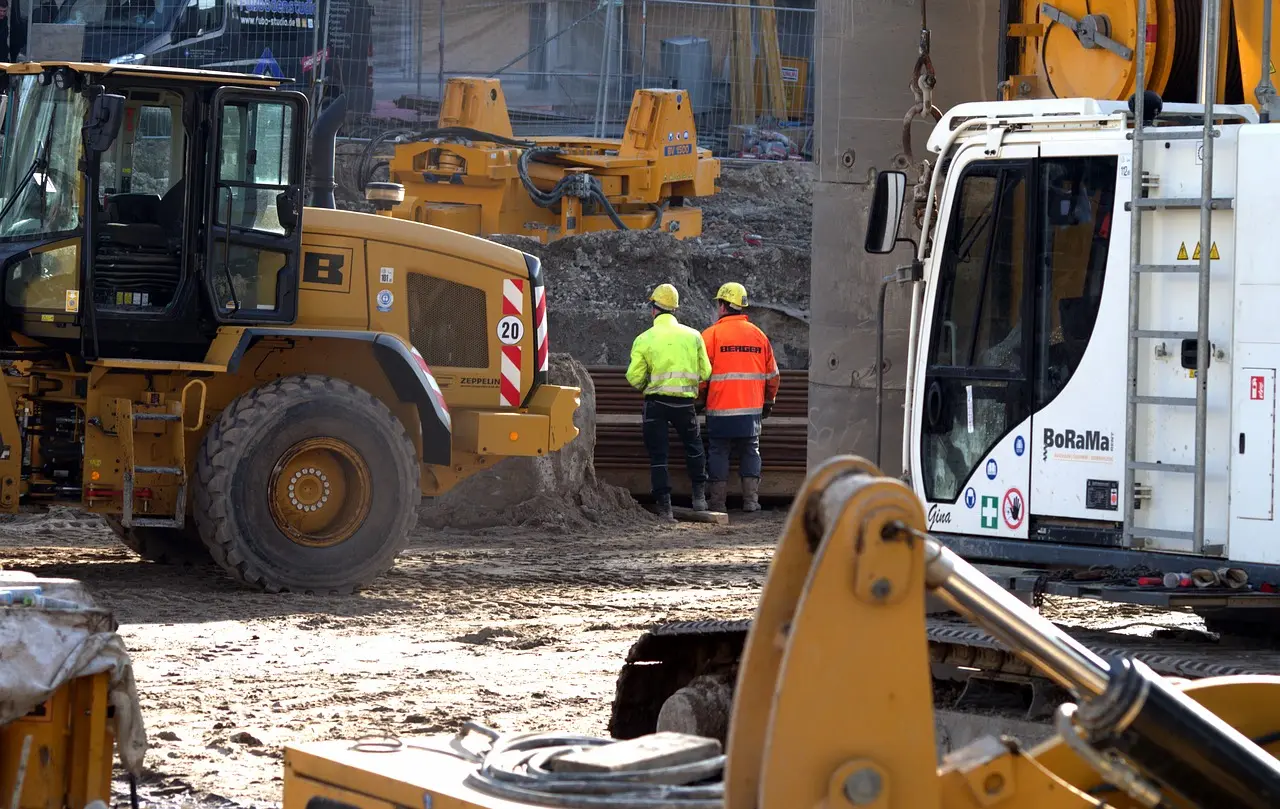Construction is a risky domain. While every construction project is unique, it also has a set of risks and challenges that come with it. These risks are universal, and no company can steer clear of them, no matter how skilled and experienced their teams are. According to a KPMG survey, 78% of construction and engineering companies believe that project risks are rising. It is crucial to identify and manage them to complete projects successfully and keep the business afloat in the long run.
However, it requires meticulous planning and execution. Construction projects are highly structured endeavours where numerous parts and people come together to create a unique tangible product. In such scenarios, the toppling of even the smallest pieces can have a disastrous after effect which can disrupt and even derail projects and cause damage to the reputation of the business. Managers need to assess, control, and monitor risks continuously to keep projects on track. But even before that, they need to identify them, understand their causes, and know the implications they may have on the project. Let us highlight the common risks that a typical project comes across through its lifespan.
Technical Risks
Technical risks are perhaps the most common ones that site managers come across and end up hampering the quality of the final deliverable, leading to costly rework, missed timelines, and even disputes with the client. Some of the most common causes of technical risks include:
- Uncertainty of resources and availability of materials
- Wrong selection of materials
- Incomplete design
- Design errors or omissions
- Inadequate site investigation
- Changes in project scope and requirements
- Subsurface geological and geotechnical conditions
- Incorrect budget and time estimates
- Faulty construction procedures
Financial Risks
Construction projects, small and large, greatly depend on a steady stream of funds. Any disruption in finances can lead to serious implications such as debilitating schedule delays and disruptions. Here are the reasons leading up to financial risks:
- Inflation
- Bottlenecks in funding
- Inadequate knowledge of local taxes
- Fluctuations in foreign exchange (in case of international projects)
- Budgeting mistakes
Environmental Risks
Environmental risks include unpredictable weather, natural disasters, and seasonal implications, and can lead to potential delays and losses in projects. Some of the common causes of this are:
- Incomplete or incorrect environmental analysis
- Lack of specialised staff
- On-site and offsite wetlands
- Hazardous waste
- Unexpected natural disasters
Management-Related Risks
Management-related risks can lead to disastrous losses, both financial and reputational. The most common managerial risk relates to the uncertain productivity of resources. The common causes of this are:
- Poorly-defined project goals and deliverables
- Inaccurate estimates of costs and timelines
- A lack of control over staff priorities
- Scheduling errors
- Consultant and contractor delays
- Communication breakdowns
- Multiple projects
- Lack of coordination
- Inexperienced resources
Organisational Risks
Organisational risks are the ones that exist at the organisational level rather than the project level and have the potential to weaken the foundation of the company and affect the reputation of the brand. Some common causes of this are:
- Inexperienced staff on board
- Unanticipated load on project managers
- Insufficient time to plan projects
- Losing critical resources at crucial stages of projects
- Absence of the latest technologies and applications
- Changing priorities
Health & Safety Hazards
Health and safety hazards elevate the possibility of potential harm to workers and lower their morale as well. Further, serious accidents can lead to delays or even disruptions in projects. The business may face a massive financial blow as they will have to pay compensation to the injured employees or face litigation. Here are the common causes of the same:
- Inexperienced workers
- Lack of training
- Outdated techniques and equipment
- Inadequate attention to the implementation of safety measures
Security Risks
One of the concerns that project managers often get complacent about is security risks, which elevates the chances of damage to the property, equipment, and people on-site. Some reasons leading up to security risks to projects include:
- Vandalism
- Theft of materials or equipment
- Assault and injuries to workers
- Terrorism
- Intrusion
- Corruption
- Fires
Staying a Step Ahead with Risk Management
Considering the myriad risks that construction businesses and project managers face, it is vital to focus on managing them. While most of the risks are unpredictable, robust steps to mitigate them well in advance can prevent cost and time exposures arising out of them. Intelligent technologies like AR/ VR, drone mapping, smart construction management platforms can effectively identify any risks well in advance and suggest steps for their mitigation.
Everything starts with risk identification, where the manager needs to determine the possible issues that are most likely to affect their project and document them right from the start. Quantification and planning is the next step to manage them. Apart from preventive planning, response monitoring and control go a long way in curbing risks and minimising their impact. Managers need to monitor risk metrics and milestones at all times and also track the effectiveness of risk management actions. A proactive approach to risk management can save a lot of money and time for businesses in the long run.




